USAID chief: Sudan’s humanitarian crisis at dangerous levels’
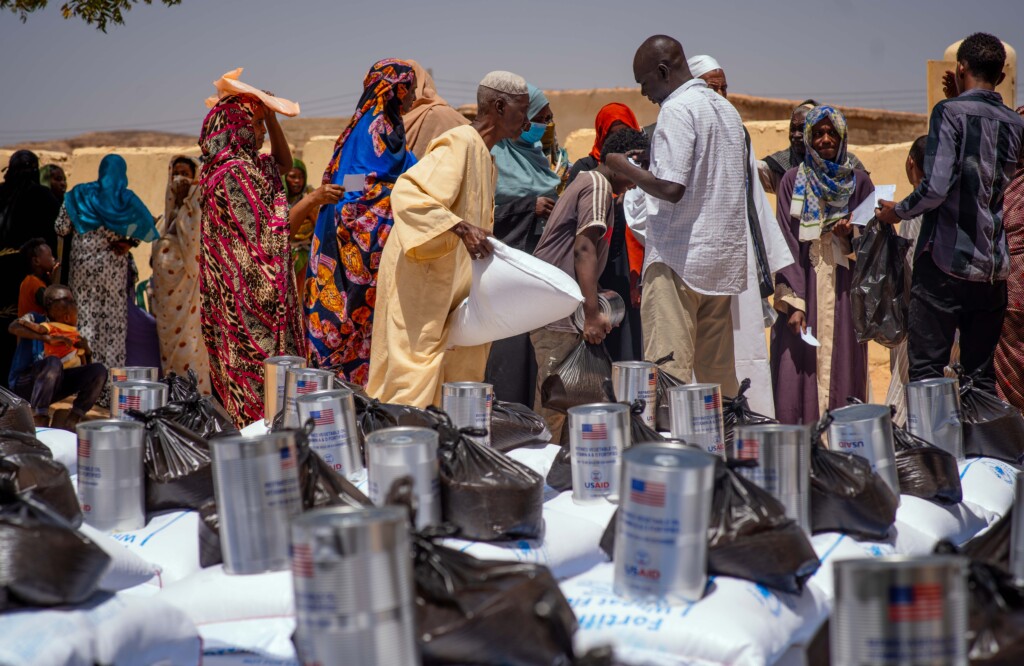
WFP delivers emergency food assistance, including items marked as USAID contributions, to displaced people in Wadi Halfa, Northern State (File photo: WFP / OCHA)
USAID Deputy Administrator Isobel Coleman has called on the international community and members of the Sudanese diaspora to step up their efforts to support the Sudanese people, “not only by increasing humanitarian assistance, but also by pressing for an end to this violent conflict once and for all.”
During a digital meeting with members of the Sudanese American community on Tuesday evening, she stressed the importance of continuing pressure to disarm, end the conflict, and support lasting peace.
She warned that the humanitarian crisis in the country has reached dangerous levels and required intensified international efforts to address it.
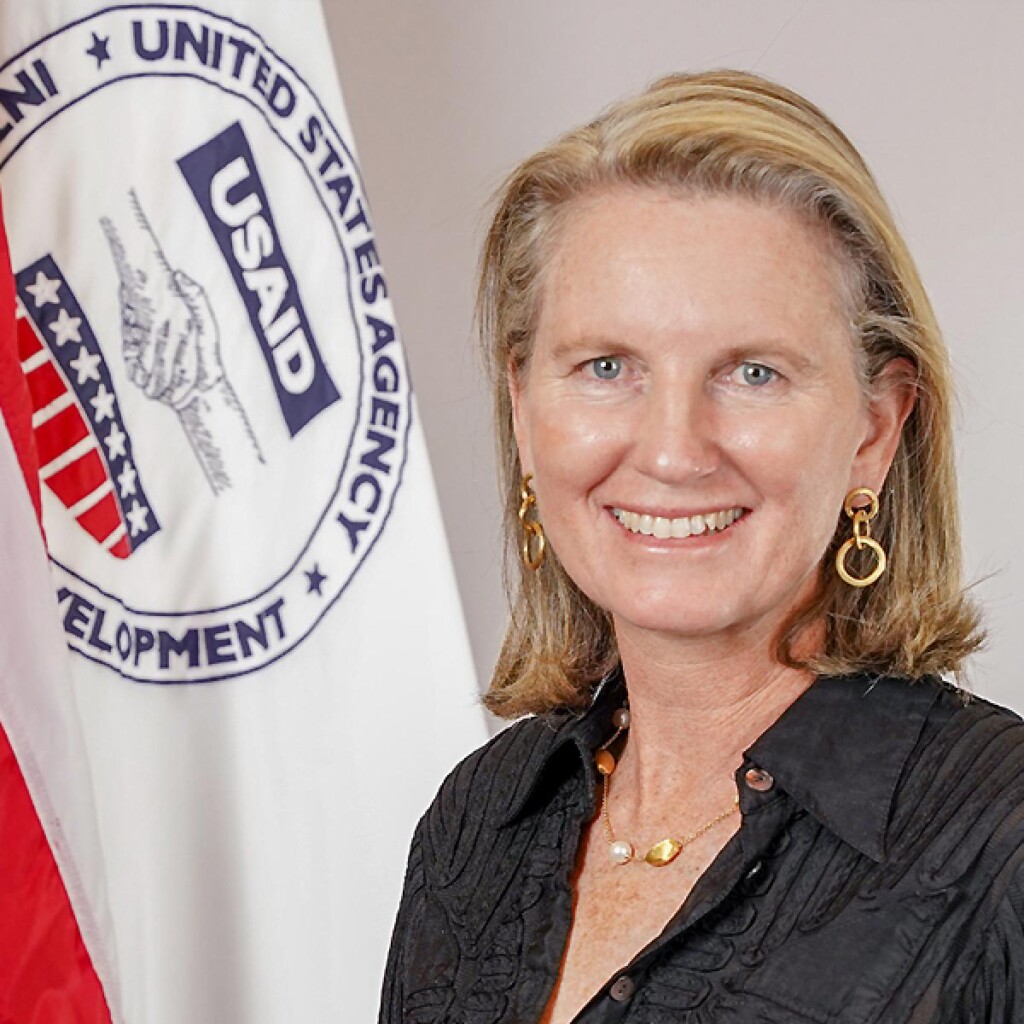
(Photo: USAID)
Coleman noted that famine is sweeping across many areas of Sudan, with more than 25 million people facing acute hunger and one million people on the brink of starvation, not only in Zamzam camp near the North Darfur capital of El Fasher, but also in Abu Shouk and other camps for displaced people. She added that the ongoing conflict and the obstruction of humanitarian assistance by the Sudanese Armed Forces and the Rapid Support Forces have resulted in the largest food and displacement crisis in the world.
Women and children
Speaking about the humanitarian consequences, Coleman explained that women and children make up more than half of the eight million internally displaced people. She stressed that the rains and floods have worsened the humanitarian situation and contributed to the spread of diseases, most notably cholera.
She also pointed out the collapse of the Arbaat Dam in Red Sea state as a result of heavy rains on August 25, which led to the death of more than 130 people and affected tens of thousands.
She said that the US Agency for International Development is making a number of efforts to mitigate the effects of all these disasters on the Sudanese, especially the vulnerable groups:
The US official stressed the need for Sudanese women to play a greater role in the future of Sudan:
Coleman noted that the crisis in Sudan is a priority for the US Agency and that the USA remains the largest donor of humanitarian assistance in Sudan, having provided more than $1.6 billion since the beginning of fiscal year 2023, including more than $1 billion in Agency funding. She added that the Agency supports more than 30 international non-governmental organisations and partners, providing assistance in areas where conditions permit:
Coleman praised the role played by local organisations in delivering humanitarian aid, noting that the US agency supports more than 45 local partner organisations in the areas of food security, health, human protection, nutrition, water and sanitation.
She revealed that the agency continues to work with its partners to adjust their operations to enable them to deliver humanitarian assistance safely and adapt to new emergency needs on the ground. Despite the changing operational context, Coleman stressed that the agency’s commitment to providing humanitarian assistance to the people of Sudan remains steadfast.
In addition to humanitarian assistance, the agency supports stabilisation, peacebuilding and development programs in Sudan. Coleman said the agency supports Sudanese farmers to build their resilience and address food insecurity by providing them with the tools to grow, harvest and store crops. The agency also contributes to livestock vaccination by providing nearly 13 million doses of vaccine to immunise more than four million animals, helping to protect key assets for some 300,000 families.
Coleman added that the agency supports activities that raise awareness of dealing with psychological trauma, including sessions dedicated to children, with the aim of helping communities cope with the terrifying events they have experienced during this crisis.
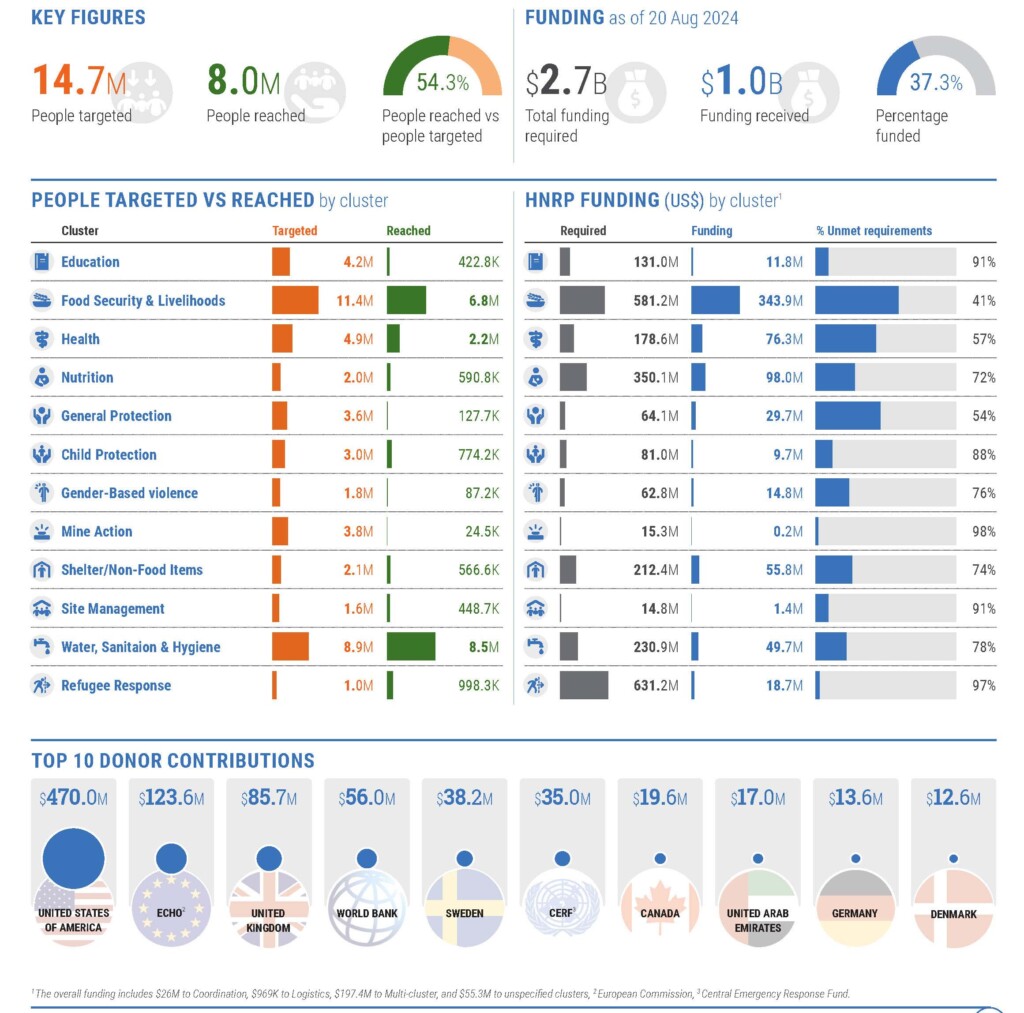







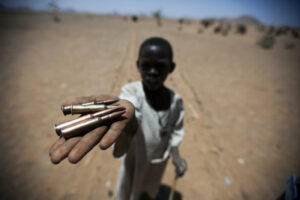

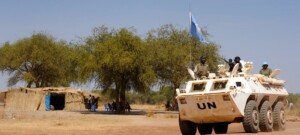

 and then
and then